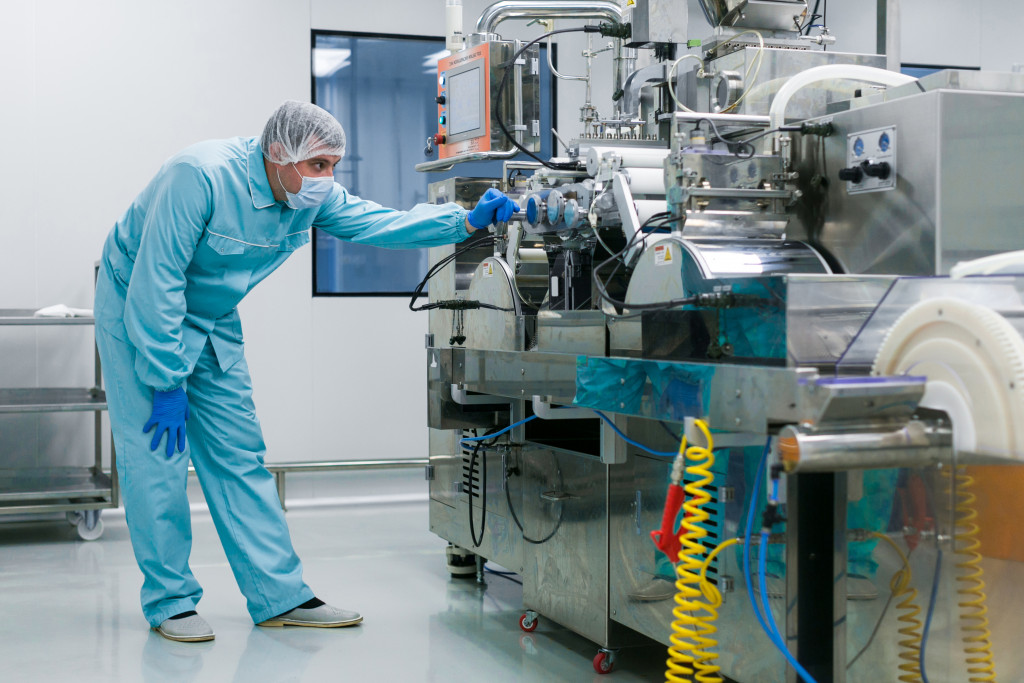A significant part of running a business is keeping things operational. For this reason, businesses have people performing routine inspections, conducting maintenance, and ensuring that the business stays running day in and day out.
If a large part of your operations relies on machines, your business continuity is heavily impacted by how well you maintain these machines so that they don’t cause unexpected delays. However, we already know how important machine maintenance is, but what exactly can happen if your machines and other critical equipment fail?
Here are some possible scenarios that can result from machine failure:
1. Operational delays
The most common result of machine failure is operational delays, especially if the thing that fails is something as critical as a stepper linear actuator that powers the most important components in a piece of equipment. If a machine or its components fail and cause more than a few minutes of delay, it can severely impact the productivity of the day, or maybe even the entire week.
Moreover, when a machine fails, it usually entails proper inspection and repair, which can take hours if not days to accomplish. If the inspection and repair process is rushed, it can lead to even worse consequences for the machine–and perhaps even the personnel operating it.
2. Safety risks
By law, every worker has the right to a safe working environment, which means that all employers are mandated to maintain their machines to maintain the safety of any and all people in the workplace.
If a machine fails in a catastrophic way, it can put workers’ health and lives at risk. Not only will this lead to increased workers’ compensation claims, but it can also result in multiple lawsuits, especially if lives are lost. Moreover, your business will have to find replacements quickly to fill out spaces left by workers taking leave after they are injured by the accident.
Proper maintenance is the key to avoiding disastrous machine failures. However, lack of maintenance is not the only possible cause of equipment-related accidents. Sometimes, it’s wrongful handling of machines by operators, a piece of equipment or a tool getting lodged inside the machine, or perhaps even a case of tampering. To minimize the damage caused by non-maintenance-related causes, it is important that you have proper emergency response plans in place.
3. Reputation damage

It can be difficult to keep machine breakdowns under the rug, especially if you run a customer-facing business. If a failure happens in, say, a manufacturing plant, you may be able to keep it under wraps and settle the matter without the public knowing. However, when a machine causes an accident in a restaurant, for example, it can easily affect your business’ reputation and lead to decreased revenue.
Either way, a machine breakdown can lead to reputation damage. And since reputation is one of the most difficult things to build as a business, you must protect it by maintaining your machines properly.
4. Reduced productivity
Some business owners aren’t willing or cannot afford to shell out money for repairs or replacements. As a result, they have to make do with what they have until their machines break down entirely, which often causes lower rates of productivity.
For example, if an industrial oven of a bakery tends to overheat beyond what can be considered safe, it would have to be turned off periodically to cool down. Consequently, a significant amount of time is lost while waiting for the machine to go back to normal temperature, leading to lower productivity and, in turn, reduced sales.
The best way to avoid this problem is by addressing defects and signs of damage as soon as possible. Every business owner should have cash reserves for this exact purpose, but if you don’t, you can try obtaining a short-term loan to fix the issues and prevent them from getting larger. However, defective equipment will still continue to decline over time, and you will have to replace them eventually.
5. Additional expenses
Among all of the effects mentioned above, there is one common denominator that is a significant consequence in and of itself–and that is additional expenses. If your machine breaks down, you have to pay for repairs. If a defective machine injures a worker, you have to pay compensation. If the accident causes reputation damage, your revenue will suffer. Hence, the bottom line is that most machine failures cause expenses and/or revenue losses–which is all the more reason to prevent them from happening.
These are the most common effects of machine failure in a business. To prevent these from happening to your business, make maintenance a priority and ensure that you have contingency plans in case accidents still occur.

